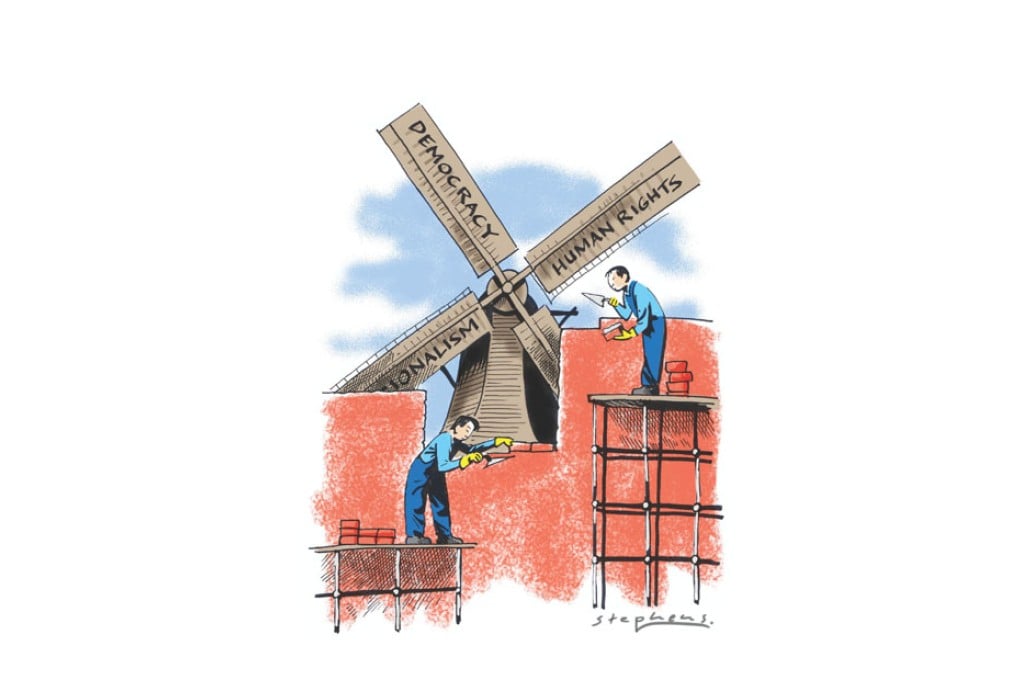Chinese ideologues' wrong tilt on universal values
Lanxin Xiang says while China is right to cast doubt on the validity of Western-inspired concepts for others, its propaganda machine is wrong to reject the very existence of universal values

Of late in the Chinese media, party ideologues and officials have launched seemingly brave campaigns to reject the existence of any "universal values". It stems from President Xi Jinping's speech at a national conference for propaganda chiefs in August, in which he stressed the need to step up ideological work to maintain Chinese characteristics in development and domestic governance. Xi never mentioned "universal values", but many commentators seem to be interpreting his speech to benefit their own interests.
Clearly, however, such attacks on the very existence of a set of Western-inspired universal values, such as democracy, human rights and constitutionalism, are tilting at windmills.
I drew attention to such ideological issues as early as 2007 in my book, Tradition and Chinese Foreign Relations, the Ideological Context of Sino-US relations. Since Xi came to power, he has been performing a superb act of balancing various political forces. But launching an ideological campaign against universal values while promoting a "new type of great power relations" would be a contradiction; the latter is clearly aimed at taking ideology out of the fight between China and the US.
Xi may not have meant to attack universal values per se. His aim was, rather, to forestall any attempt at the wholesale Westernisation of China.
Without a true religious legacy, Chinese never ask ontological questions and the Cartesian obsession with defining "what is" finds no natural home in Chinese thought. "Where is the way (dao)" is about as far as the Chinese ontological inquiry goes. In this sense, universal values have little intuitive appeal to the Chinese. Not surprisingly, this vacuum has been filled, since the anti-tradition May Fourth Movement of 1919, by these Western constructs.
Because Xi considers national restoration at the core of his "China dream", he has to tackle these imported concepts, which are now widely accepted by many in China as well as around the world as "universal values". To achieve this, some serious deconstruction is necessary, with a fresh look at what these key words really mean and how they have come to be so dominant in our political discourse.
A serious inquiry should start with analysis and logic, rather than a wall of denial. After all, many of these concepts have worked well in other cultural contexts.